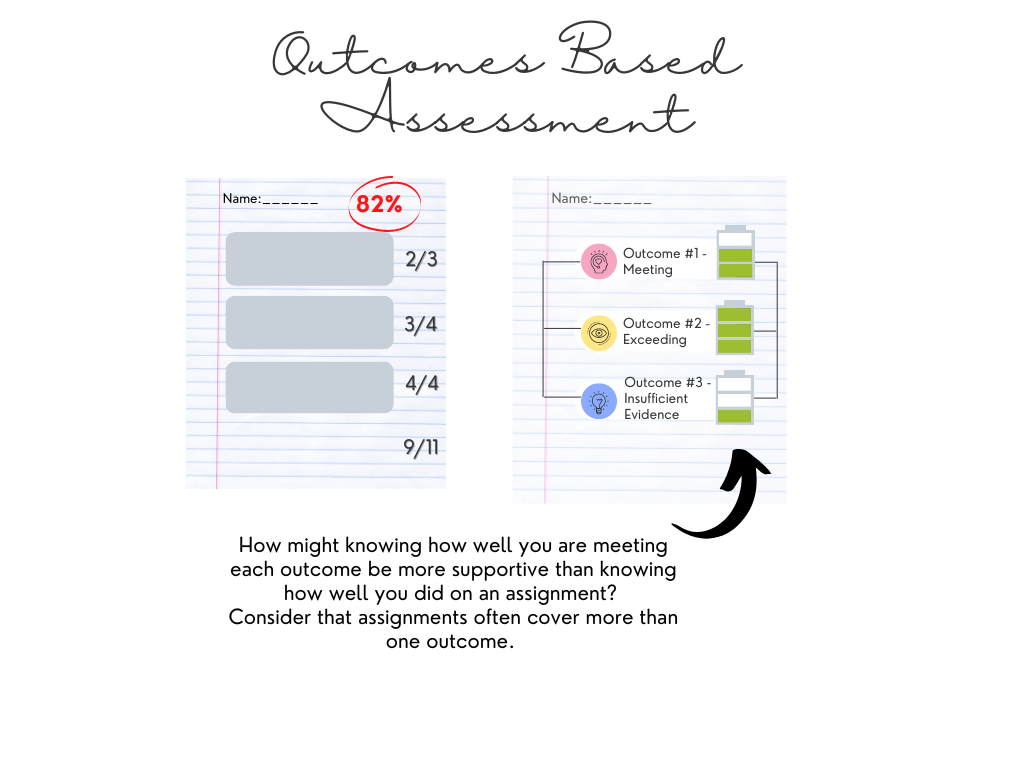The Value of Timely Feedback
By Carolyn Hoessler
 “It’s a challenge to try and be flexible… If we can’t do something when it needs to happen, then its timeliness is gone and we’ve missed the opportunity.” – Gordon Knoble*
“It’s a challenge to try and be flexible… If we can’t do something when it needs to happen, then its timeliness is gone and we’ve missed the opportunity.” – Gordon Knoble*
When the outcomes and assessment strategy for assignments have been plotted and we know what feedback students will receive, there still remains the question of “when.” When will students receive feedback? And why does timing matter?
Timing of feedback is one of the predictors of students learning as outlined by Grant P. Wiggins’s 1998 book, Educative assessment: Designing assessments to inform and improve student performance, and summarized by David Wees in 2010 post The Role of Immediacy of Feedback in Student Learning. Students also perform better when they expect to receive feedback soon after their presentation in Kettle and Häubl’s 2010 article, although feedback during tests has mixed results.
Although some limitations are still real (e.g., time taken to write comments on students’ papers), approaches to teaching may remain in place long after alternatives are possible such as:
- Recording spoken comments and emailing it to students (Ewert-Bauer, 2009)**
- Having students self-assess their own work on clear criteria and submit their assessment with their assignment
- Splitting assignments into specific steps that can be assessed individually and quickly prior to subsequent steps
*Gordon Knoble is the “EOSDIS Mission Systems network manager at NASA’s Goddard Space Flight Centre in Greenbelt, Md. In Michael Cseuger (27 Jul 1998). Two terabytes per day. Network World, 41-42.
**Ewert-Bauer, T. (2009). Using a simple technology to improve on student learning, motivation, retention, and assessment. Bridges, 8(1), 5-8. Link http://www.usask.ca/gmcte/bridges/archive
Photo courtesy of rocket ship.


